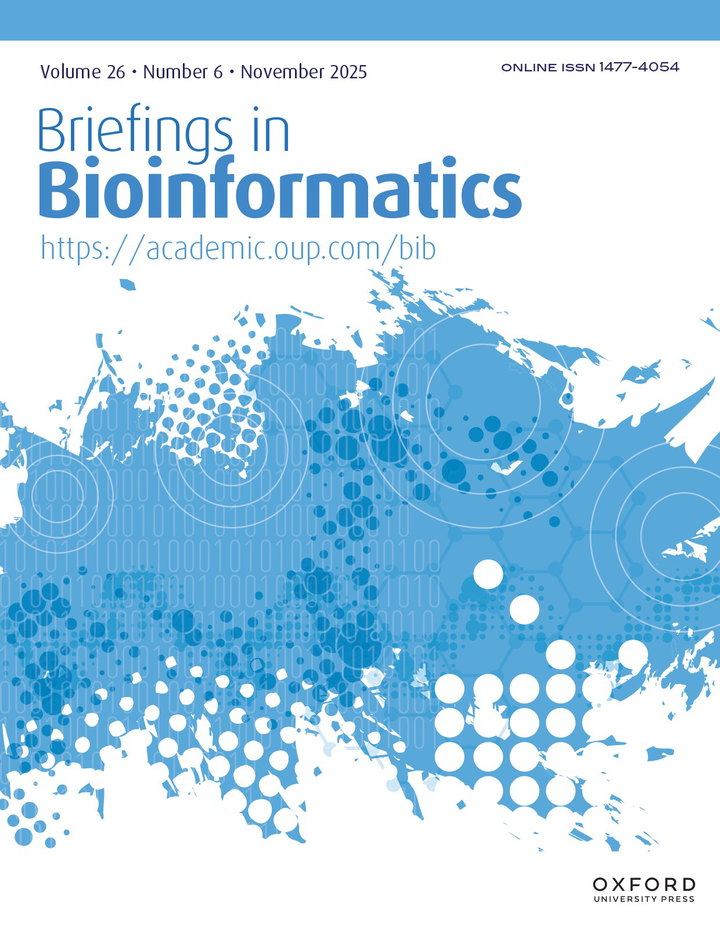DSCC: disease subtyping using spectral clustering and community detection from consensus networks

Abstract
Molecular subtyping is fundamental in cancer research and clinical management of cancer, guiding treatment planning, monitoring therapeutic response, and informing prognosis. Early methods were designed specifically for gene expression data due to the lack of other molecular data types. Thanks to breakthroughs in high-throughput technologies, recent subtyping tools have shifted their focus to integrating multi-omics profiles to uncover novel subtypes that better reflect genetic variation, molecular pathogenesis, tumor heterogeneity, and host response biological mechanisms. However, these integrative approaches have not been able to fully exploit the complementary potentials of diverse molecular data types. They often rely on specific omics types with large common sample size and fail to incorporate important biological knowledge in their models. Here, we introduce Disease subtyping using Spectral clustering and Community detection from Consensus networks (DSCC), a method designed to identify meaningful disease subtypes from a wide range of molecular data, including gene expression, miRNA expression, DNA methylation, copy number variation, somatic mutations, protein abundance, and metabolite levels. We demonstrate the superiority of DSCC over state-of-the-art cancer subtyping methods using 43 cancer datasets with more than 11,000 patients. Furthermore, the incorporation of DSCC-derived subtype information as a covariate in prognostic models improves survival prediction accuracy and robustness. The DSCC source code, data, and scripts for reproducing all results in this study are available at https://github.com/tinnlab/DSCC.